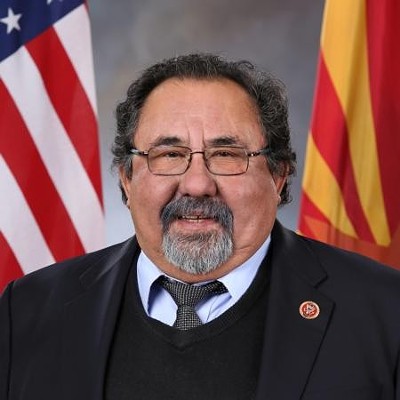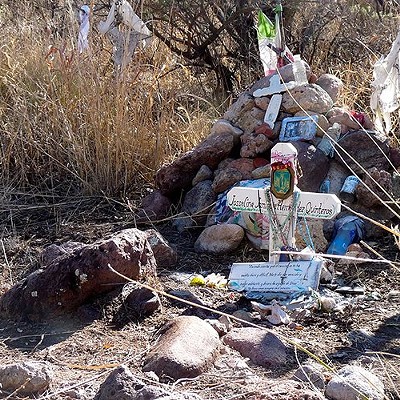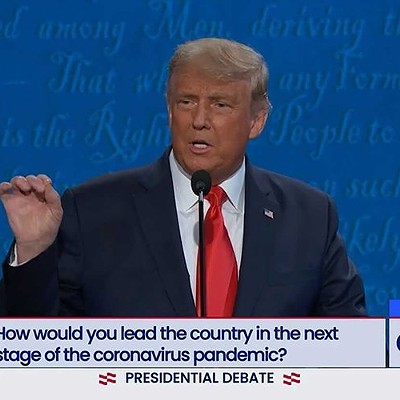Tuesday, June 28, 2016
Attorney General Brnovich Hopes Supreme Court's Tie in Immigration Lawsuit Will Help In-State Tuition Fight Against DREAMers
Since the U.S. Supreme Court continued to block two relief programs for undocumented parents and youth, Arizona Attorney General Mark Brnovich hopes the High Court's 4-4 non-decision will help the state in a lawsuit debating the legality of offering DREAMers—who qualify for 2012's Deferred Action for Childhood Arrivals—in-state tuition at public universities and community colleges, according to Howard Fischer of Capitol Media Services.
The Arizona Board of Regents granted DREAMers in-state tuition at public universities in May 2015.
Arizona was one of 26 states in a lawsuit led by Texas that challenged President Barack Obama's 2014 executive actions on immigration—one program granted parents of U.S. citizen or legal permanent resident children a renewable three-year work permit and temporary permission to stay in the U.S.; the other got rid of age restrictions to apply for DAPA, so youth who didn't qualify for the 2012 version could have applied for a work permit and deportation relief as well.
The Supreme Court's tie on the case let stand an injunction imposed by the Fifth Circuit Court of Appeals to block DAPA and extended DACA. Even though Arizona is under the jurisdiction of a different federal appellate court—the Ninth Circuit—Brnovich is exploring the possibility of having the non-ruling help his in-state tuition debacle.
What it probably won't have any effects on is the continuing battle to deny driver's licenses to DREAMers. Even though the Ninth Circuit Court of Appeals unanimously agreed in April that DREAMers absolutely have the right to issue driver's licenses in Arizona, and they have been able to do so since December 2014, the state continues to fight it.
Brnovich said Thursday’s Supreme Court ruling may not help Arizona win its separate claim that the state is entitled to deny licenses to drive to DACA recipients. He said there are separate legal issues involved beyond the president’s authority to enact deferred action programs.The article says an attorney with the National Immigration Law Center doesn't think the Supreme Court's split decision on DAPA and DACA II will have any effect on either one of Arizona's lawsuits because both cases deal with recipients of 2012's DACA, which was not affected by the lawsuit brought forward by the 26 states.
He said, though, it increases the chance the nation’s high court will take up the Arizona case. And Brnovich said that makes whoever is president in 2017 — and whoever that person chooses to fill the court’s vacancy — particularly critical to the future of the Arizona law.
Tags: capitol media services , howard fischer , mark brnovich , dreamers , dapa , daca , u.s. supreme court , arizona , immigration














